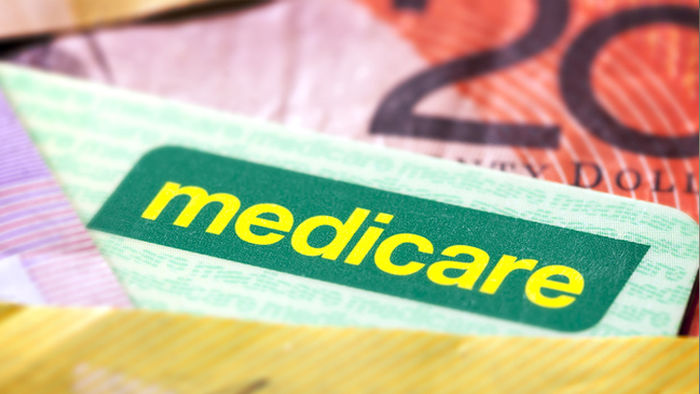What you can expect from Scott Morrison's third Budget
By Mark Chapman
Here's my analysis of what Treasurer Scott Morrison has already announced, together with a few tips from the crystal ball.
Setting the scene
This is almost certainly the last Federal Budget before the next general election.
That means the treasurer will be keen to avoid any nasty surprises and will focus his efforts on building the feel-good factor around his government. Aided by better-than-expected tax receipts, he has money to play with.
Bye-bye Medicare increase
Morrison has already announced one of the key tax measures.
Last week he unexpectedly stated that the planned increase in the Medicare levy from 2% to 2.5%, which was to come into effect in July next year and was only announced in last year's budget, will not now go ahead. The extra levy was intended to help finance the National Disability Insurance Scheme.
The government now claims that increased tax revenues mean the money raised by the levy increase is no longer needed.
A personal tax cut?
The treasurer has strongly hinted that he will announce personal tax cuts.
We don't yet know the exact form that those cuts will take but it's likely that the focus will be on lower and middle income earners and they could take the form of either changes in the income tax thresholds, cuts to the tax rates or a mixture of both.
Work-related expenses
There seems to be no political appetite for wholesale changes to our system that allows taxpayers to claim deductions for expenses they incur as part of their jobs.
Last year, though, we saw the government take aim at some of the individual deductions claimed by property investors and that more targeted approach could be taken this year with some individual work-related deductions. By way of background, the Australian Tax Office (ATO) has strongly pushed back against perceived over-claiming in relation to some expenses.
I wouldn't be surprised to see the government seeking to change the law to stop some of those claims, particularly for work-related clothing, which is an area that the ATO has focused on over the past year.
Small business
For the past several years the government has allowed small businesses to claim an immediate tax write-off for capital assets costing less than $20,000.
That can include items as diverse as new computers, office furniture, plant and equipment and even cars.
That tax break is set to end on June 30, 2018, with the threshold dropping to $1000. While an extension of the $20,000 limit looks unlikely, the government will want to keep small business on side, so some additional tweaking could see the tax break continue with a revised threshold - perhaps $10,000.
It might also look to make that threshold permanent, which is something many small businesses have called for.
Investors
It's unlikely that the government will make any major changes to the tax rules for property investors. Negative gearing looks safe.
The Labor Party has committed to reform of the negative gearing rules and for that reason alone the government will want to remain committed to the current system.
For similar reasons it's unlikely there will be any changes to the dividend imputation rules.
The big end of town
The government has been pushing a series of phased tax cuts for larger businesses through parliament for several years now and has not succeeded in getting the measures passed.
Despite a commitment to reintroduce the cuts again in the winter sitting, the government may take a view that the political cost of these tax cuts (which has just gone up a notch following the revelations of bank misbehaviour at the royal commission) exceeds any potential benefits.
With the big company tax cuts already factored into the budget, taking them off the table now could free up substantial money to fund bigger-than-expected cuts to income tax rates for individuals and small businesses.
Get stories like this in our newsletters.



